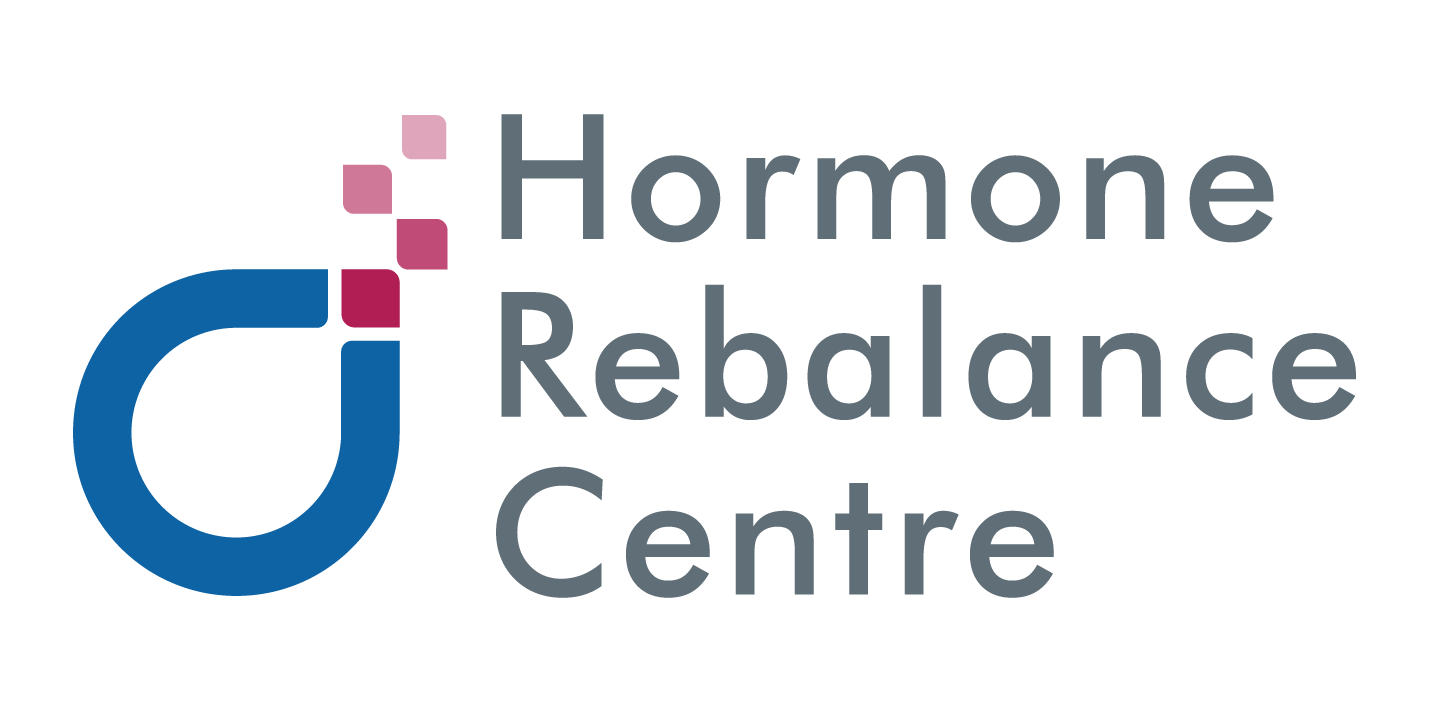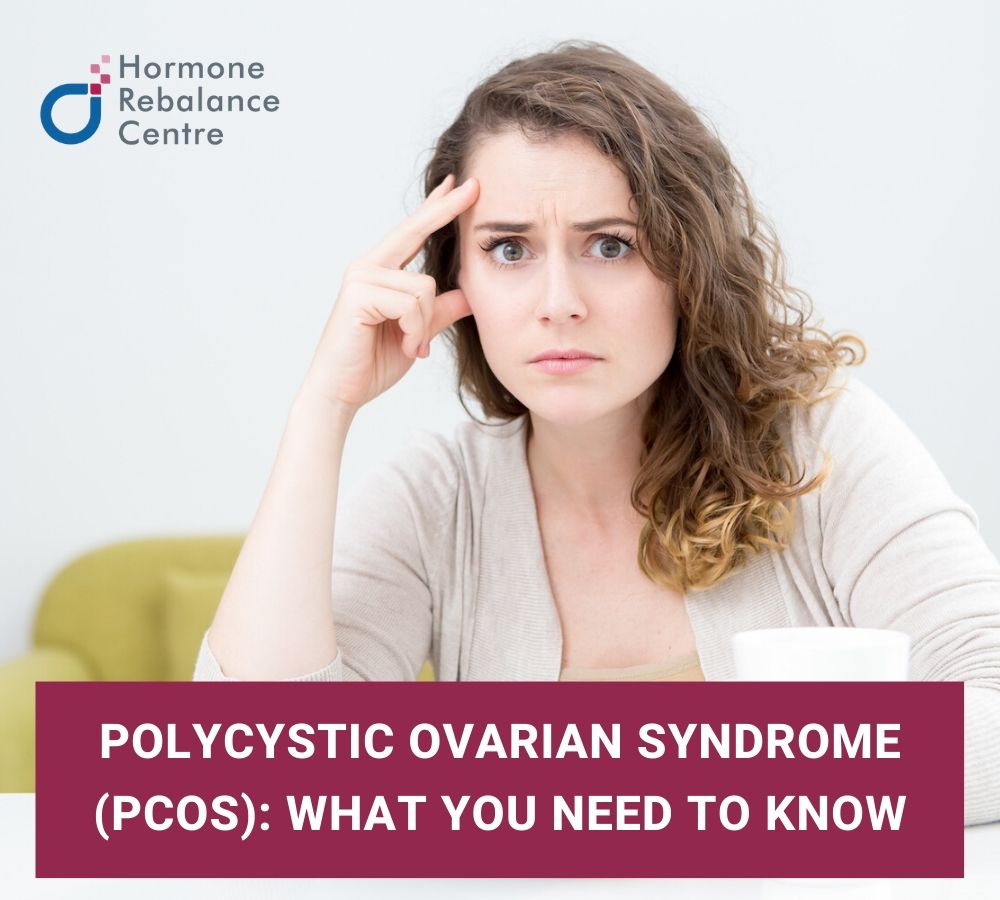PCOS, Polycystic Ovarian Syndrome, can affect up to 10% of women in childbearing ages and is one of the most common hormonal disorders for women in this age group.
Symptoms can vary greatly in their severity and some women may not even know they have it until cysts are seen on the ovaries on a routine pelvic ultrasound.
Common symptoms of PCOS include:
- irregular periods or no periods at all
- difficulty getting pregnant due irregular ovulation
- insulin dysregulation and weight gain
- excessive hair growth (hirsutism) – usually on the face, chest, or back
- thinning hair and hair loss from the head
- oily skin or acne
How is PCOS Diagnosed:
There is no single test that on it’s own diagnoses PCOS and commonly it is diagnosed based on your symptoms and several possibly investigations, such as:
1. High Androgen levels on bloodwork or hormone urine testing – this includes testosterone and DHT (dihydrotestosterone) levels. In the body, testosterone gets broken down to DHT by an enzyme called 5-alpha reductase.
DHT is a stronger androren than testosterone and for many women it can be the reason for the strong androgen symptoms associated with PCOS. Although DHT itself can be tested on blood work, only urine testing can access the enzyme 5-alpha reductase and how strong it is for each woman, as this enzyme itself is the root cause of elevated DHT.
2. Elevated LH (luteinizing hormone) – LH increases ovarian androgen production and it is also increased by the body as a natural attempt to promote ovulation. Therefore, if its levels are elevated, it could be indicative of PCOS.
3. Pelvic ultrasound – this is one of the gold standards of diagnosis. In PCOS the ovaries may be larger than normal and will have numerous cysts on the due to eggs not being properly released.
4. Sugar and insulin sensitivity markers on blood work – elevated fasting glucose, fasting insulin or HbA1C, all indicate poor blood sugar balance – one of the characteristics of PCOS.
To learn more about testing options, click here!
Natural Treatments for PCOS:
The symptoms of PCOS can be greatly improved and even reversed through proper diet, lifestyle and certain supplements. The following are some interventions that you can consider:
1. Low carb diet and exercise
Low carb or even the ketogenic diet can be very effective for some women with PCOS due to its close correlation with sugar dysregulation. In fact, in practice, we have seen that diet has by far the biggest and fastest impact on PCOS than supplements alone, and those women who follow a low carb diet get faster resolution of symptoms. Adding exercise to your low carb diet will work even better for stabilizing blood sugar levels and helping better regulate your periods.
2. Food
Foods such as flaxseeds, green tea and nettle tea all help slow down the 5-alpha reductase enzyme activity which, as explained, is responsible for the androgenic symptoms associated with PCOS. It’s best however to test if this enzyme is truly overactive for you on hormone urine testing.
3. Supplements
A. Chromium:
Chromium is a mineral that enhances the action of insulin and is directly involved in carbohydrate, fat, and protein metabolism. It is a great add-on to help support blood sugar levels and if cravings and weight gain is one of your predominant symptoms.
B. Myo-Inositol:
Inositol is a nutrient that our body produces naturally from carbohydrates and although it is actually a type of sugar, it is commonly known for its involvement in improving insulin sensitivity and blood sugar balance. It has also been shown to help reduce excess testosterone levels in women
and restore ovarian function and ovulation and can therefore also help support fertility. It is one of our favourites for PCOS!
C. Saw Palmetto:
You may find this botanical in many prostate and male-health products, but due to its ability to inhibit 5 alpha-reductase and reduce androgens, excess testosterone, and DHT, it actually makes for a great intervention for women with PCOS.
If you struggle with PCOS, or symptoms of irregular periods or missings/late ovulation, excess hair growth on the body or hair fall on the head, weight gain or acne, it’s important that you understand what hormonal imbalances are driving these symptoms and hence treat them accordingly.
Getting on the birth control pill to induce periods is not the right solution as it simply masks the underlying imbalances that are causing these symptoms to begin with. There are many natural and effective solutions to not only improve your symptoms, but possibly even reverse them.
Reach out to us to learn more about testing options to get a clear understanding of your hormonal imbalances and get a customized treatment plan to start correcting them!


No Comments